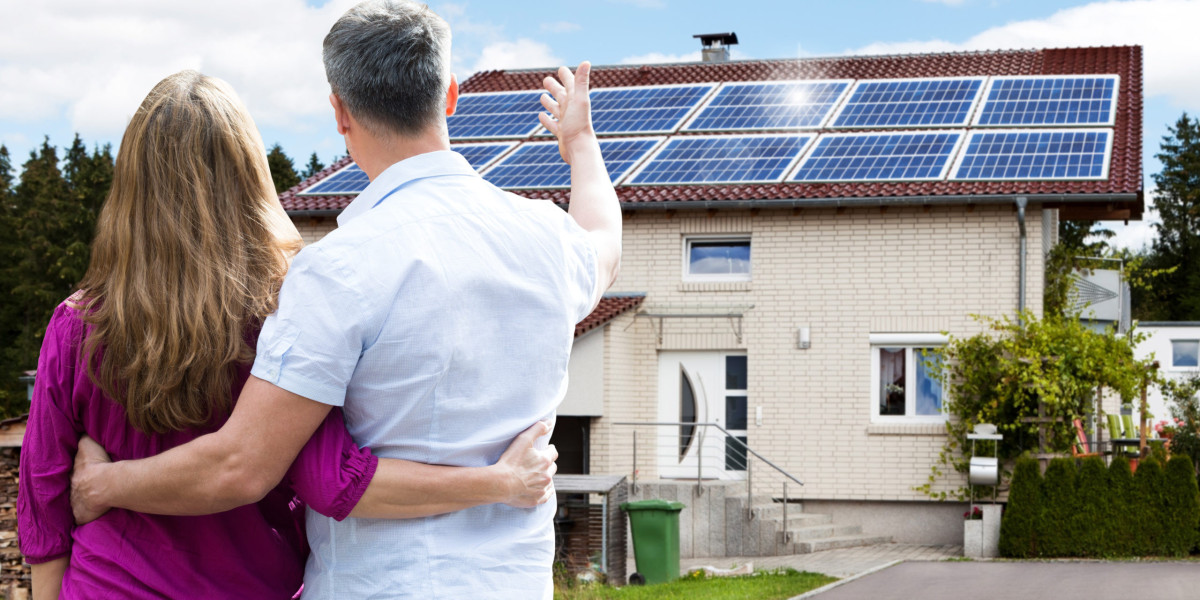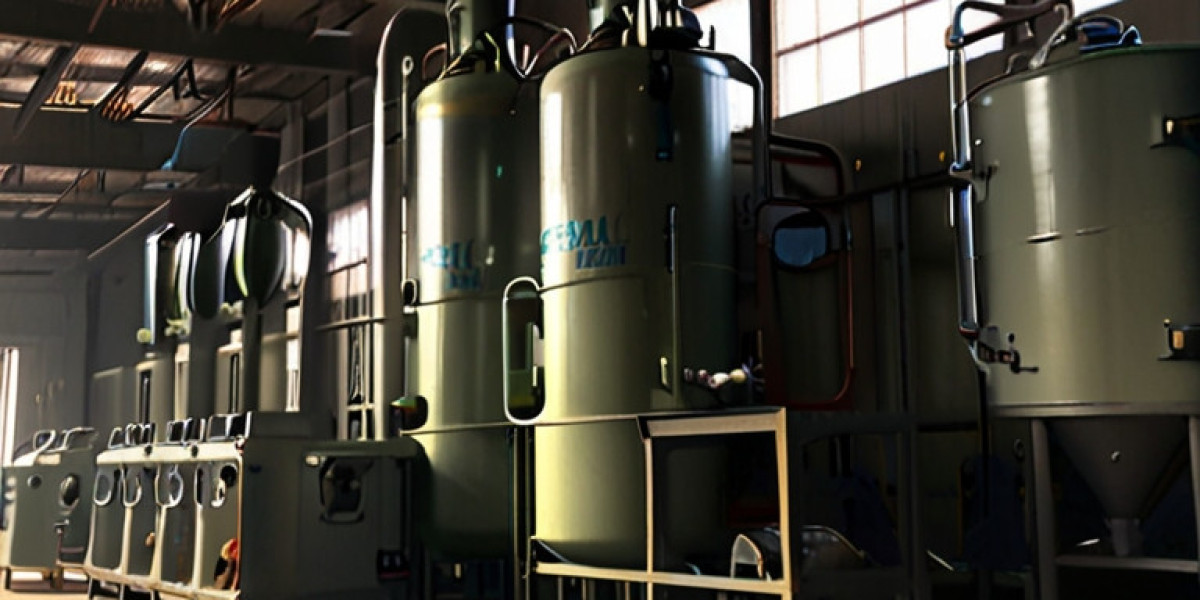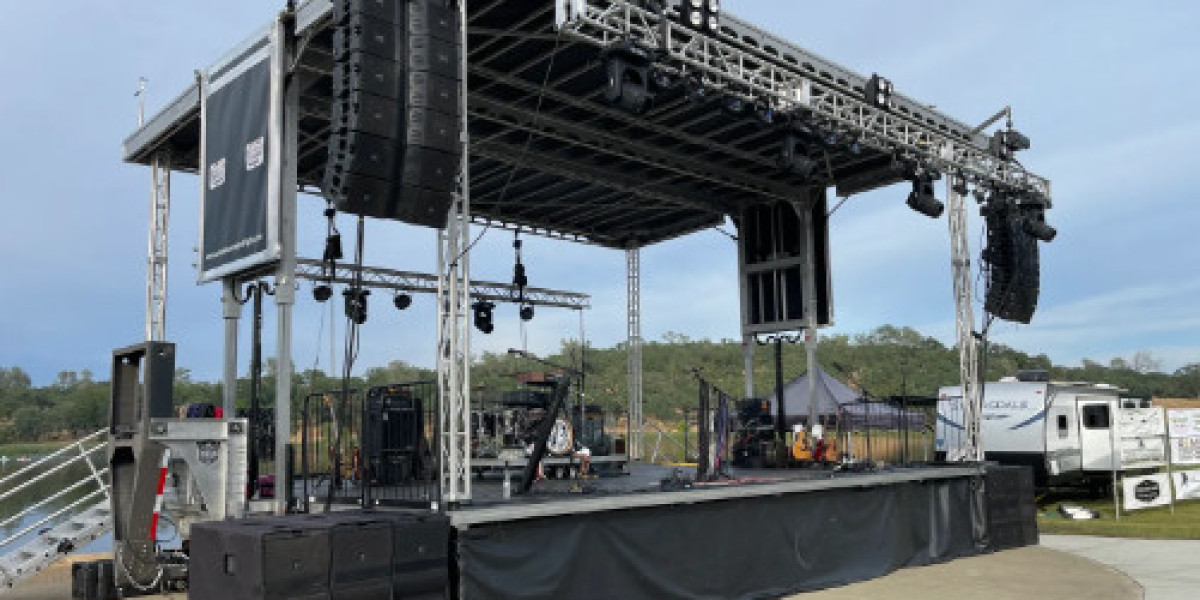Switching to solar energy can be one of the best decisions for homeowners and businesses alike. It not only reduces electricity costs but also contributes to a greener environment. However, before making the leap, it's essential to know what to look for when choosing solar panels. Several factors come into play, including cost, efficiency, durability, and even your location. Let’s dive into these considerations to help you make an informed decision.
1. Solar Panel Efficiency
One of the most critical factors is the efficiency of the solar panels. Solar panel efficiency refers to the percentage of sunlight that is converted into usable electricity. Typically, solar panels range from 15% to 22% in efficiency. The higher the efficiency, the more energy you'll generate, even in limited space.
Higher-efficiency panels are often more expensive but can be worth the investment, especially if you have limited roof space. On the other hand, if you have plenty of room, slightly less efficient but more affordable panels may still meet your needs.
2. Cost and Budget
Cost is always a primary consideration when making such a significant investment. The price of solar panels can vary depending on their type, brand, and efficiency. While it’s tempting to go for the cheapest option, consider the long-term benefits of investing in higher-quality panels.
The overall cost of a solar panel system includes the price of the panels, installation costs, and additional components like inverters and batteries. Make sure to get quotes from multiple installers and research whether your area offers any incentives or tax credits for solar panel installations, as these can significantly lower your upfront costs.
In places like Pakistan, the market for solar panels is expanding, and competitive pricing can help you find the best solar panels in Pakistan that suit your budget without compromising quality.
3. Durability and Warranty
Solar panels are exposed to the elements year-round, so their durability is an essential factor. Panels should be able to withstand harsh weather conditions such as heavy rain, hail, and high winds.
Most solar panels come with warranties ranging from 20 to 25 years, which covers both performance and product defects. It's important to review these warranties carefully, as they give you an idea of how long your panels will last and how much maintenance they may require over time.
A longer warranty also reflects the manufacturer’s confidence in their product, which can provide peace of mind for the consumer.
4. Location and Climate
Your location and the typical climate in your area play a big role in how effective your solar panel system will be. For example, regions with plenty of sunshine throughout the year will obviously yield better solar power output than areas with frequent cloudy days.
In Pakistan, the sunny climate makes solar panels a highly effective option for energy generation. But even if you live in a less sunny area, modern solar panels can still capture enough sunlight to be worth the investment. Some solar panels are better suited for certain climates, so it's essential to research what works best for your specific environment.
5. Type of Solar Panels
There are three main types of solar panels to consider: monocrystalline, polycrystalline, and thin-film. Each type has its pros and cons:
- Monocrystalline panels are the most efficient and have the longest lifespan but are also the most expensive.
- Polycrystalline panels are more affordable but slightly less efficient than monocrystalline panels.
- Thin-film panels are cheaper and more flexible but less efficient, making them ideal for large spaces where maximum efficiency isn’t crucial.
Choosing the right type depends on your budget, available space, and energy needs.
6. Inverter Options
Inverters are another important part of the solar panel system. They convert the direct current (DC) produced by your solar panels into alternating current (AC), which is what your home appliances use.
There are several types of inverters available, including string inverters, microinverters, and power optimizers. String inverters are the most common and cost-effective but may not perform as well if some of your panels are shaded during the day. Microinverters and power optimizers allow each panel to operate independently, which can maximize energy output even in partially shaded areas.
7. Installation and Maintenance
Another key factor to consider is the installation process. It's essential to hire experienced and reputable installers, as improper installation can reduce the efficiency of your solar panels. Installation costs can vary, so getting multiple quotes can help you find the best deal.
Once installed, solar panels require minimal maintenance. Regular cleaning to remove dust and debris, and occasional check-ups to ensure the system is functioning correctly, should suffice. Many manufacturers and installers offer maintenance packages, which can save you time and hassle.
Final Thoughts
Choosing the right solar panels involves balancing your budget with your energy needs, location, and long-term goals. Considering factors like efficiency, cost, durability, and the right type of solar panel can help you make a smart decision. With a little research, you can find the best solar panels in Pakistan or wherever you reside, ensuring that you enjoy both financial savings and environmental benefits for years to come.



